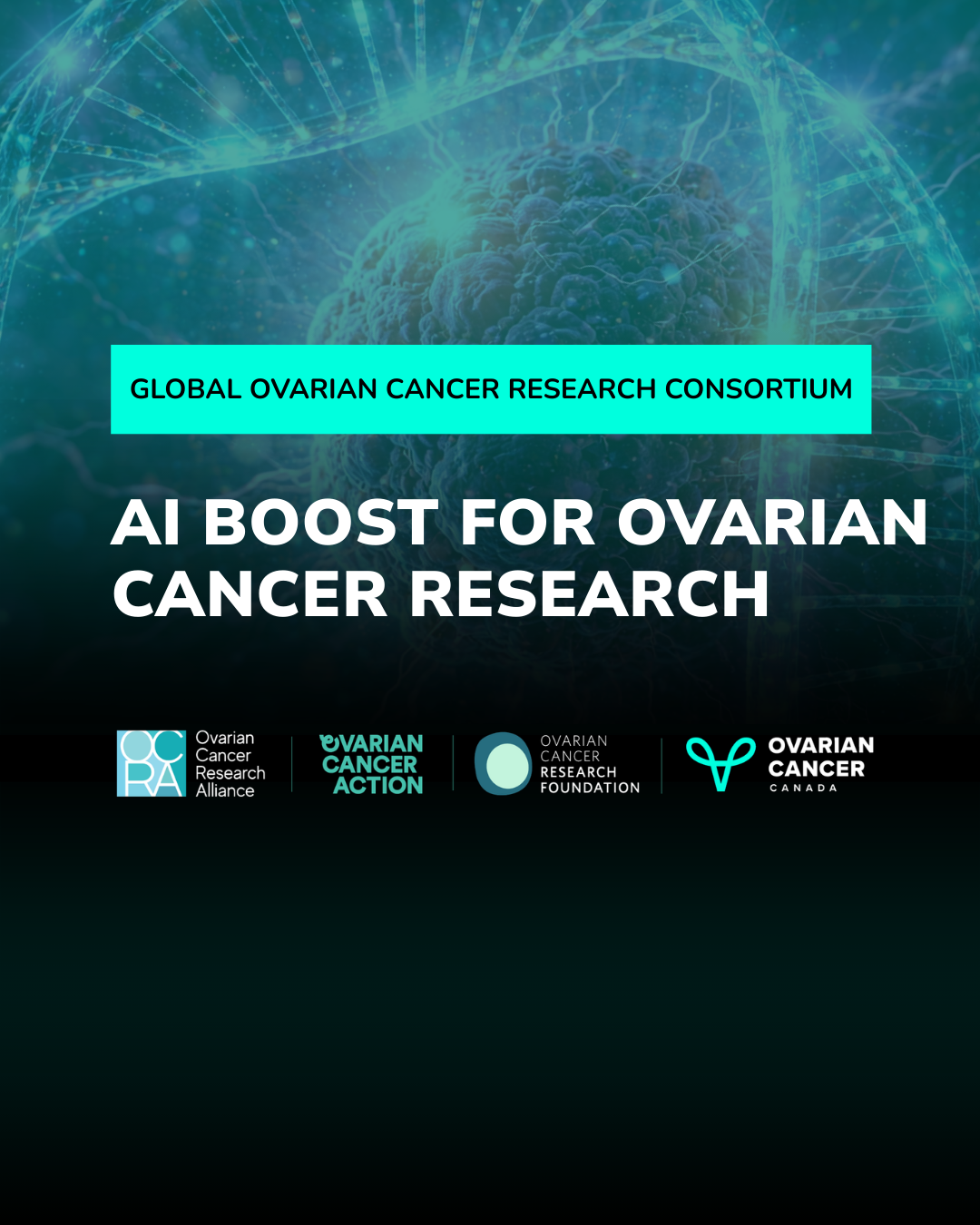DISPARITIES IN TESTING RATES AMONG OLDER WOMEN AND THOSE ON PUBLIC INSURANCE PERSIST
[New York, New York – March 25, 2025] – Nearly half of women diagnosed with ovarian cancer are not receiving the genetic testing that could help guide treatment and improve outcomes, according to a new analysis released today by Ovarian Cancer Research Alliance (OCRA) and Komodo Health. The report highlights persistent disparities in access, particularly for women over 65 and those reliant on public insurance.
Genetic testing plays a pivotal role in the fight against ovarian cancer, particularly in identifying BRCA mutations and other genetic markers that guide treatment with precision therapies such as PARP inhibitors. Key findings of the OCRA analysis show that only 52% of women diagnosed with ovarian cancer between 2016 and 2023 received genetic testing, despite universal recommendations that all women with this disease should be tested. This means that almost half of ovarian cancer patients are not receiving a critical diagnostic tool that could impact their care.
The data also reveal significant gaps based on insurance coverage and age. Women with commercial insurance were 37% more likely to undergo genetic testing than those with public insurance. On average, 62% of patients with commercial insurance received genetic testing compared to just 38% on Medicare FFS and 40% on state Medicaid. Additionally, younger patients were tested at significantly higher rates than older patients, with pediatric patients tested more than twice as often as patients aged 65 and older.
“These findings underscore the urgent need to ensure that every woman diagnosed with ovarian cancer has access to genetic testing and the potentially life-saving treatment insights it can provide,” said Audra Moran, President and CEO of OCRA. “The fact that nearly half of all ovarian cancer patients are not being tested is unacceptable, and it is particularly concerning that older women and those on public insurance face the greatest barriers. At OCRA, we’re committed to addressing these disparities and advocating for policies that improve access to care for all women facing ovarian and gynecologic cancers.”
While tests for BRCA and other mutations were once only recommended for women with a family history of ovarian cancer, since 2014, leading health organizations, including the American College of Obstetricians and Gynecologists (ACOG) and the Society of Gynecologic Oncology (SGO), have recommended that all women diagnosed with ovarian cancer receive genetic counseling and be offered genetic testing.
Yet, the data reveal systemic obstacles, including socioeconomic and healthcare access disparities, that disproportionately affect women over 65 and those who rely on public health insurance.
OCRA is dedicated to bridging this gap by providing free genetic testing resources and advocating for increased funding for gynecologic cancer research and education along with expanded Medicaid and Medicare coverage for genetic testing and treatment. These efforts are part of OCRA’s broader mission to advance equitable care and improve outcomes for all women impacted by ovarian and gynecologic cancers.
With no early detection test – and important research demonstrating that in most cases, detecting ovarian cancer well before symptoms begin still does not improve mortality – knowing one’s own genetic risk for ovarian cancer is critical. Genetic testing can identify inherited mutations that increase risk, enabling one to take preventative measures such as surgery.
The study is based on data compiled by Komodo Health, a leading healthcare technology company that leverages its extensive Healthcare Map™ to analyze real-world patient journeys. The Healthcare Map™ is the industry’s largest and most comprehensive database of de-identified patient-level data, encompassing insights from over 330 million patients. By using advanced analytics and innovative software solutions, Komodo Health enables organizations to uncover meaningful insights that drive improvements in healthcare access, equity, and outcomes.
OCRA is the largest global organization dedicated to combating ovarian and all gynecologic cancer while supporting patients and families. Since its founding in 1994, OCRA has invested $128 million in scientific breakthroughs, helped to secure $3.8 billion in federal research funding, and supports 95,000 individuals annually through its programs. Learn more at www.ocrahope.org.
Read the full report here.


